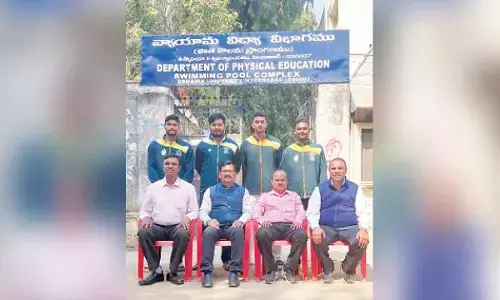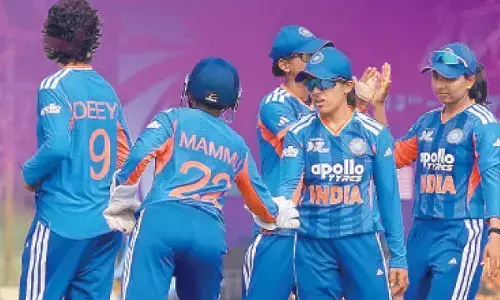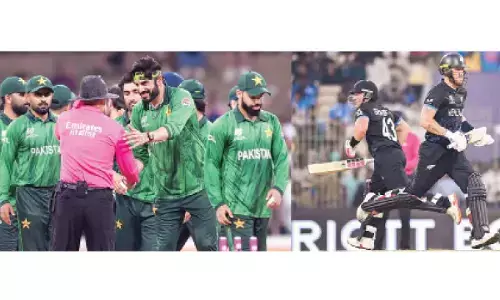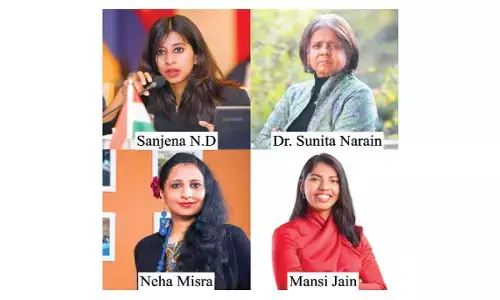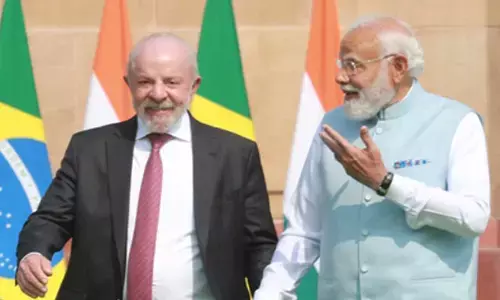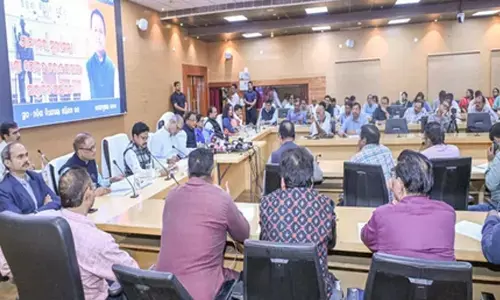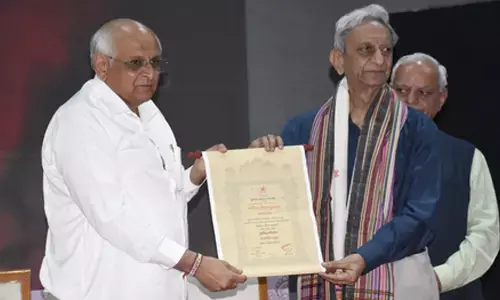EVs can help India achieve net zero
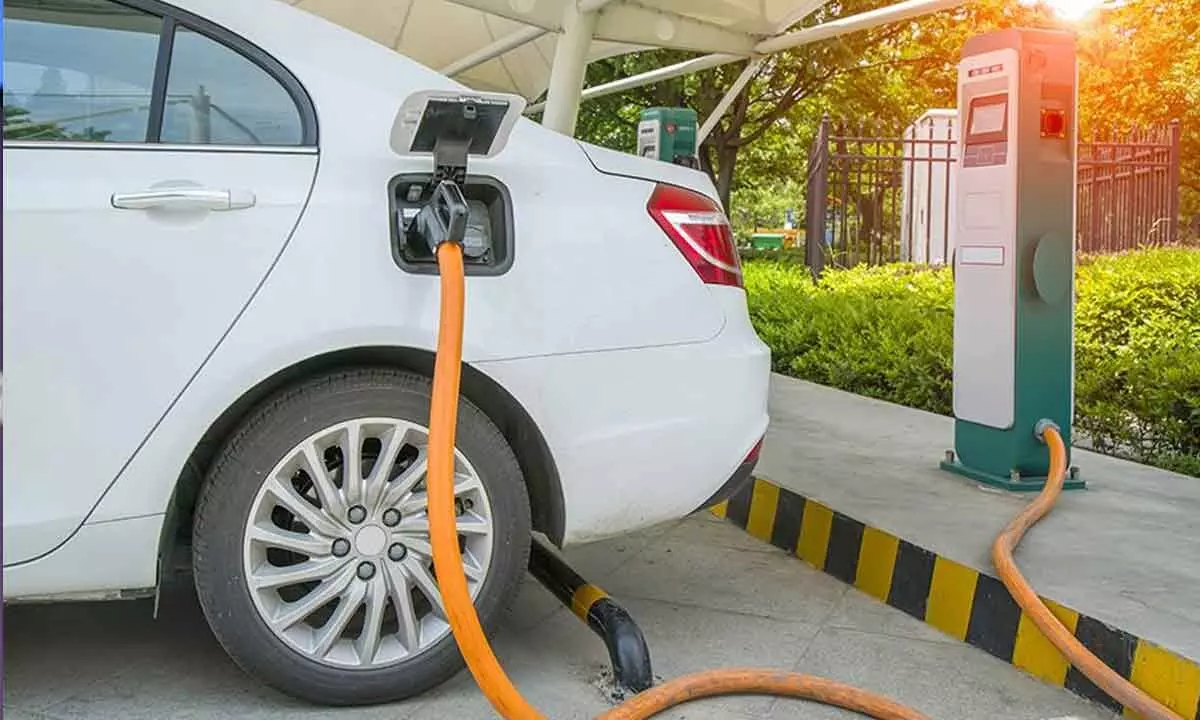
Till last year, global electric vehicle sales continued to outpace supplies (partially owing to semiconductor shortages) with OEs’ order book piling to record levels. However, despite normalisation of supply chain, pace of electrification seems to have moderated
New Delhi: Experts have said that electric vehicles (EVs) can go a long way to help India reach net zero target and help in the development of new business. On the sidelines of the National Science Day celebrations, experts across different areas connected to the EV sector highlighted the need for synergy between the industry and academia to facilitate innovation and sustainable solutions in the EV.
“The guidelines and standards involve installation of EV charging stations in which the oil companies can play a key role. The success of EV mobility will need innovations, technologies, public-private partnerships, and policy decisions,” said Dr VK Saraswat, Member Niti Aayog. The experts also said that EVs are a significant contributor to both economic growth and environmental sustainability.
Dr. Anita Gupta, Head of Climate, Energy and Sustainable Technology (CEST) Division, DST, emphasised the need for concerted efforts from academia, startups, and stakeholders to drive this transition effectively. Recently, industry players have hailed the government’s move to enhance the scheme outlay of Faster Adoption and Manufacturing of Electric Vehicles (FAME) India Phase II, saying it will enhance infrastructure, foster widespread adoption and longevity of electric vehicles across the country.
The Ministry of Heavy Industries announced that the scheme outlay of FAME India Phase II has been enhanced from Rs 10,000 crore to Rs 11,500 crore under FAME India scheme Phase II in order to give a further push to clean mobility in the country.
Shifting consumer preferences
Global electrification, previously driven by strong electric vehicle sales, is now showing signs of growth moderation despite supply chain normalisation and price reductions by OEMs, as per a report by JM Financial Institutional Securities.
Global automakers like Mercedes, Ford, GM, VW are scaling back EV investments and turning towards hybrids due to shifting consumer preferences and challenges like inadequacy and slow pace of charging infrastructure expansion. We believe the situation is no different in India, the analysts said.
Tata Motors reduced its EV sales estimate and prices recently to boost adoption, citing similar hurdles. MSIL, with its tech-agnostic approach (Hybrids, EVs, CNG, Flex-fuel, etc.), is well-positioned (& hedged) amidst slowing pace of electrification, the report said. Reports indicate of MSIL’s strong Hybrid model launch pipeline going forward (five models in next 2-3 years). Tax rationalisation on hybrids could act as a fillip and shift consumer preference towards this choice of powertrain, it added.
Till last year, global electric vehicle sales continued to outpace supplies (partially owing to semiconductor shortages) with OEs’ order book piling to record levels. However, despite normalisation of supply chain, pace of electrification seems to have moderated. Reduction in EV prices (by Tesla, Ford etc.) to drive wider adoption also isn’t helping. Global automakers like Mercedes, Ford, GM, VW have deferred EV related investments, reduced their EV sales guidance indicating moderation in EV growth going ahead, the research said. Currently, MSIL is working on multiple technologies (Hybrids, EVs, Flex-fuel and Bio-gas in addition to ICE/CNG) as the company believes multiple technologies can co-exist in the medium-to-long term. Its current tech-agnostic approach is again a well thought-out approach against committing resources to a single technology.


